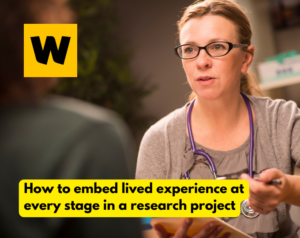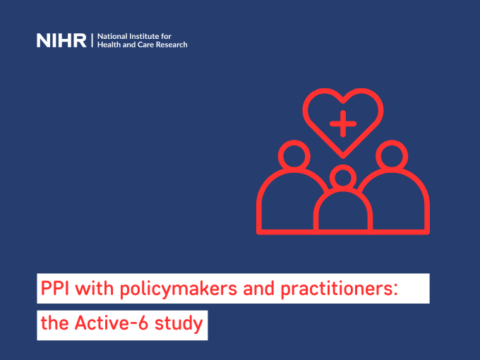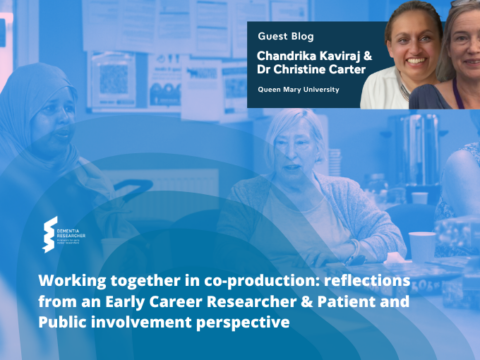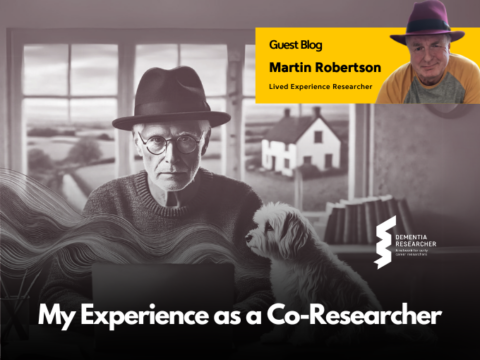 Manifestations of anxiety are so different in various cultures. People report their symptoms in very different ways.
Manifestations of anxiety are so different in various cultures. People report their symptoms in very different ways.
For example, in the psychiatric outpatient department setting that I work in based in New Delhi, India, people often report feeling ghabrahat, a term which can be translated to anxiety.
But when we ask them to elaborate, they speak mostly about somatic – bodily – symptoms. Very few cognitive symptoms are reported unless you really probe for them. This is very different from how people describe anxiety in other contexts.
This is why lived experience expertise is vital for mental health research. It brings real-world, first-person perspectives and an understanding of local contexts to research that leads to more meaningful and useful results.
Here are ways you can embed lived experience expertise at every stage of a research project.
Forming a team, formulating research questions and collecting data
Have someone with lived experience expertise on your team from the very beginning when you are conceptualising your research question or investigating the area you want to delve into. Someone with lived experience might help guide that thinking and decision-making, and advise on the questions you’re asking.
It’s worth noting that it’s not sufficient to have one person with lived experience on your team because everyone has a different set of experiences. Instead, it’s more beneficial to a research project to have a whole team of people with lived experience expertise. Lived experience advisors can help shape how you approach people and communities for data collection.
What factors need to be considered when asking certain questions? What problems could arise? What precautions should you take when asking someone to revive or relive their experience? Lived experience expertise can shape your research questions to be as sensitive as they need to be.
Any data collected from a person is particular to the time it was collected. But, if we involve more people with lived experience, we have an almost longitudinal data set. We have an entire narrative history to tap into, which would be invaluable to the research.
Contextualising data, shaping interventions and communicating findings
People with lived experience can provide context for the data that’s been collected. Like with ghabrahat, there are syndromes and manifestations of anxiety that are really only seen in certain parts of the world. There’s dhatin South Asia, for example, which is a specific anxiety related to semen production.
Syndromes like this are very hard to standardise because, in most cases, standardised treatments don’t exist for them. It’s not enough to take research that was done for one context – for example, a western country – and apply that to all other countries. We need to create research frameworks that can meet the unique needs of communities, and lived experience expertise can play a key role in informing these frameworks.
A person with lived experience can also help evaluate the feasibility of interventions or treatments. They could help assess whether there are enough resources to implement interventions in different settings.
Lived experience expertise can inform how you report your findings publicly and communicate the research. It can help you consider the best way to put out the research to impact the maximum number of people positively and give people the opportunity to understand their own anxiety better.
A future with context-specific interventions
One thing I would really like to see in future anxiety research is different cultural interventions, such as those particular to certain communities or religious or social practices, which can be standardised and scaled up within a community or culture.
In some communities, mental health treatments are not sought after because it feels foreign. Often, the first line of treatment might be to go to a temple or a religious leader or engage in whatever faith healing practices exist in that community. Turning to a clinical setup, typically rooted in western culture, is usually considered last.
In spaces where access to treatment is already limited, having more guidelines and insight into what works for a specific group of people or certain symptoms might also help us streamline where we put our resources, where we need further research and how we can get the best possible outcome for the maximum number of people.
Involving lived experience expertise in research is a big step toward this reality.
Try these next…
- Why science needs lived experiences of mental health challenges– Grace Gatera, Shuranjeet Singh
- Why we need more research on anxiety- and trauma-related problems– Catherine Sebastian, Inês Pote
- Lived experience is helping to drive innovation in mental health data– Shuranjeet Singh
If you’re enjoying this content, sign up to Wellcome’s monthly newsletterfor all the biggest stories in global health, and how we’re advocating to improve health for everyone.
Shared from the Wellcome Trust, view the original on their LinkedIn Page

 Print This Post
Print This Post





